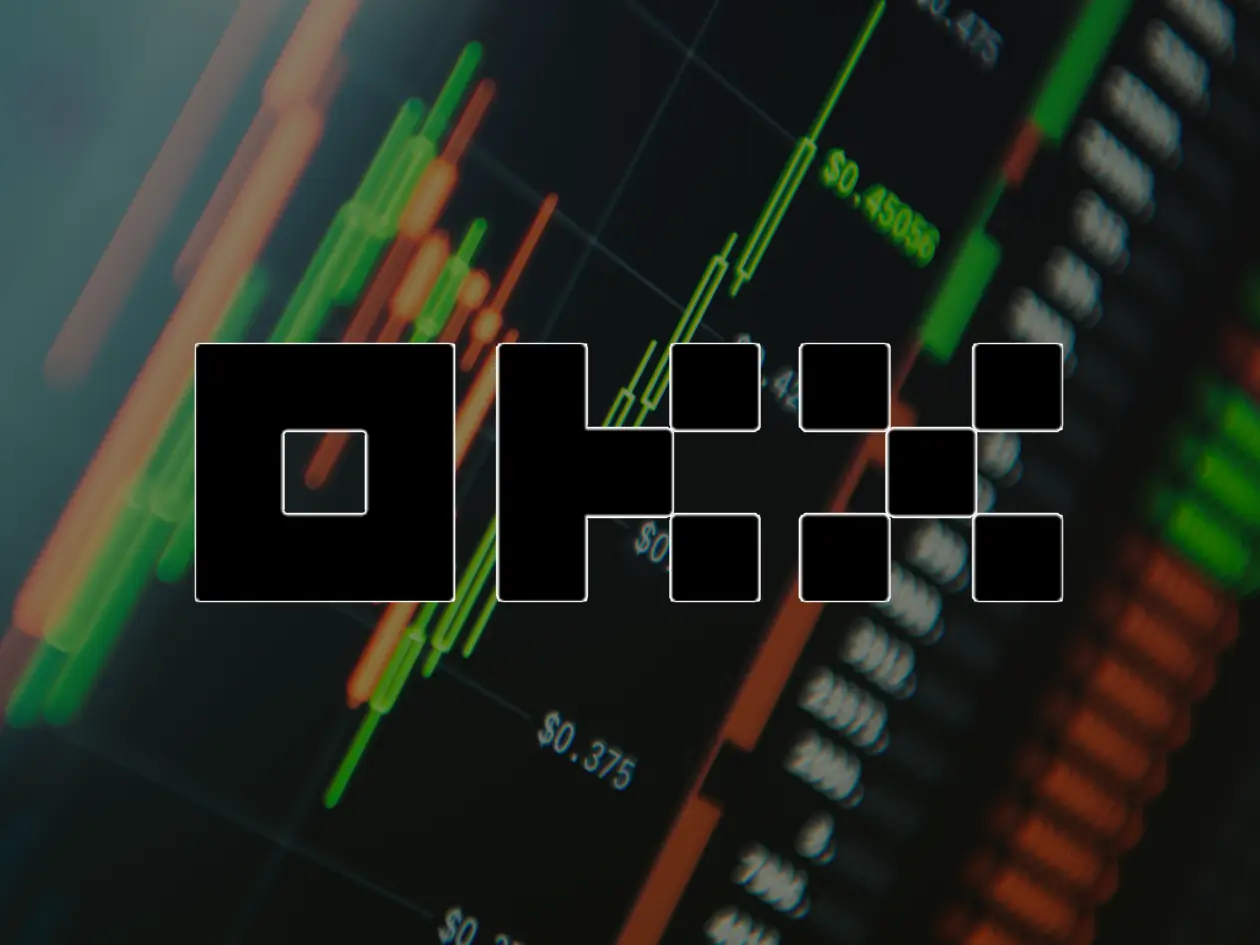OKX Establishes MiCA Hub in Malta Amid European Expansion
19.07.2024 14:00 2 min. read Alexander Stefanov
OKX has designated Malta as its hub for Markets in Crypto Assets (MiCA) compliance, aligning with European Union regulations.
This move allows OKX to offer EU users a platform for buying, selling, converting, and staking cryptocurrencies through OKCoin Europe. OKX also plans to facilitate spot trading for EU-approved cryptocurrencies like Circle’s EURC and USDC, which recently received clearance in France.
Erald Ghoos, the incoming general manager for OKX Europe, emphasized that establishing the MiCA hub in Malta will expand OKX’s market reach across Europe and improve service offerings to meet global standards. He noted that the new regulatory framework supports sustainable industry growth and will enable OKX to increase hiring and investment in the region.
Malta was chosen after a thorough evaluation of several jurisdictions due to its high regulatory standards, existing infrastructure, and commitment to customer safety and security. OKCoin Europe, OKX’s local entity, has held a Class 4 Virtual Financial Assets (VFA) Service Provider License from the Malta Financial Services Authority (MFSA) since 2021. This strategic move follows the launch of OKX’s crypto exchange and Web3 wallet in the Netherlands and Türkiye earlier this year.
However, OKX is also facing regulatory challenges elsewhere. The company has decided to cease operations in Nigeria, citing regulatory concerns. Customers have been given until August 30 to withdraw their digital assets. This decision follows a suspension of Naira withdrawals in May and comes amid the Nigerian government’s crackdown on Binance for financial misconduct, money laundering, and tax evasion schemes.
-
1
Trump Imposes 50% Tariff on Brazil: Political Tensions and Censorship at the Center
10.07.2025 7:00 2 min. read -
2
Key Crypto Events to Watch in the Next Months
20.07.2025 22:00 2 min. read -
3
USA Imposes Tariffs on Multiple Countries: How the Crypto Market Could React
08.07.2025 8:30 2 min. read -
4
UAE Regulators Dismiss Toncoin Residency Rumors
07.07.2025 11:12 2 min. read -
5
Ripple Selects BNY Mellon as Custodian for RLUSD Stablecoin Reserves
09.07.2025 15:28 2 min. read
Two Upcoming Decisions Could Shake Crypto Markets This Week
The final days of July could bring critical developments that reshape investor sentiment and influence the next leg of the crypto market’s trend.
Winklevoss Slams JPMorgan for Blocking Gemini’s Banking Access
Tyler Winklevoss, co-founder of crypto exchange Gemini, has accused JPMorgan of retaliating against the platform by freezing its effort to restore banking services.
Robert Kiyosaki Warns: ETFs Aren’t The Real Thing
Renowned author and financial educator Robert Kiyosaki has issued a word of caution to everyday investors relying too heavily on exchange-traded funds (ETFs).
Bitwise CIO: The Four-Year Crypto Cycle is Breaking Down
The classic four-year crypto market cycle—long driven by Bitcoin halvings and boom-bust investor behavior—is losing relevance, according to Bitwise CIO Matt Hougan.
-
1
Trump Imposes 50% Tariff on Brazil: Political Tensions and Censorship at the Center
10.07.2025 7:00 2 min. read -
2
Key Crypto Events to Watch in the Next Months
20.07.2025 22:00 2 min. read -
3
USA Imposes Tariffs on Multiple Countries: How the Crypto Market Could React
08.07.2025 8:30 2 min. read -
4
UAE Regulators Dismiss Toncoin Residency Rumors
07.07.2025 11:12 2 min. read -
5
Ripple Selects BNY Mellon as Custodian for RLUSD Stablecoin Reserves
09.07.2025 15:28 2 min. read


